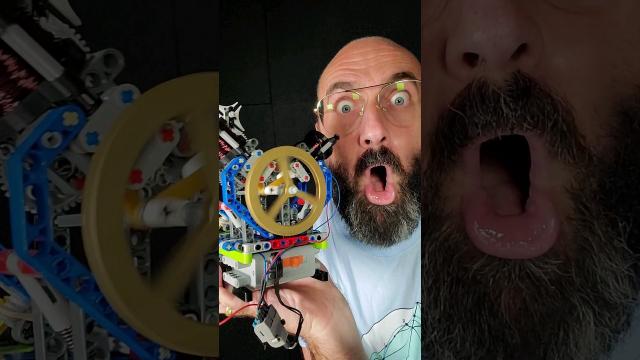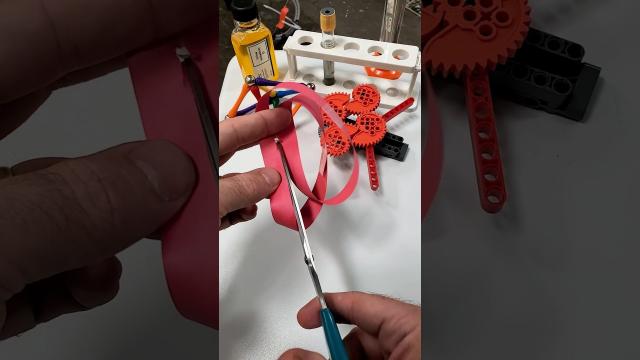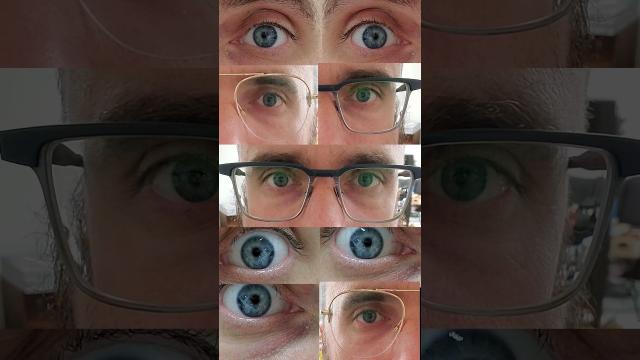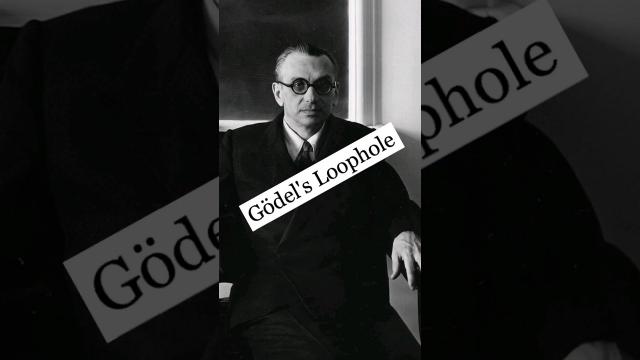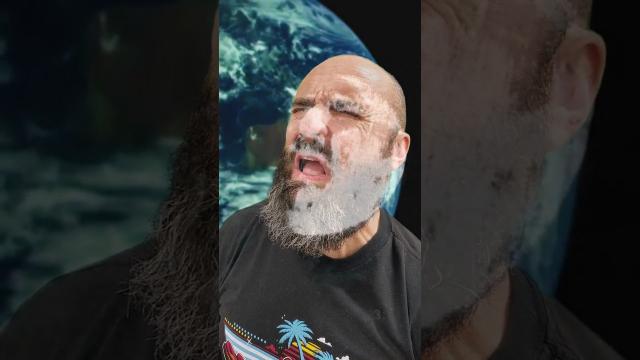Time Travel, Teleportation & Science
Time travel is the concept of moving between different points in time in a manner analogous to moving between different points in space, generally using a theoretical invention, namely a time machine. It has a commonly recognized place in philosophy and fiction, but has a very limited application in real world physics, such as in quantum mechanics or wormholes.
Although the 1895 novel The Time Machine by H. G. Wells was instrumental in moving the concept of time travel to the forefront of the public imagination, The Clock That Went Backward by Edward Page Mitchell was published in 1881 and involves a clock that allowed three men to travel backwards in time.[1][2] Non-technological forms of time travel had appeared in a number of earlier stories such as Charles Dickens' A Christmas Carol. Historically, the concept dates back to the early mythologies of Hinduism (such as the Mahabharata), Buddhism, and Islam through ancient folk tales. More recently, with advancing technology and a greater scientific understanding of the universe, the plausibility of time travel has been explored in greater detail by science fiction writers, philosophers, and physicists.
Teleportation, or Teletransportation, is the theoretical transfer of matter or energy from one point to another without traversing the physical space between them. It has a commonly recognized place in science fiction literature, film, and television, but as yet has a very limited application in real world physics, such as quantum teleportation or the study of wormholes.
Science (from Latin scientia, meaning "knowledge") is a systematic enterprise that builds and organizes knowledge in the form of testable explanations and predictions about the universe. In an older and closely related meaning, "science" also refers to a body of knowledge itself, of the type that can be rationally explained and reliably applied. A practitioner of science is known as a scientist.
In modern usage, "science" most often refers to a way of pursuing knowledge, not only the knowledge itself. It is also often restricted to those branches of study that seek to explain the phenomena of the material universe.
Source : Wikipedia
-
44:06

Can AI Read Your Mind?
Added 99 Views / 0 LikesBy identifying patterns in neural firings, non-invasive AI systems are learning to decode human thought and translate the result into language. Leading researchers Michael Blumenstein and Jerry Tang join Brian Greene to describe the latest achievements of
-
04:31
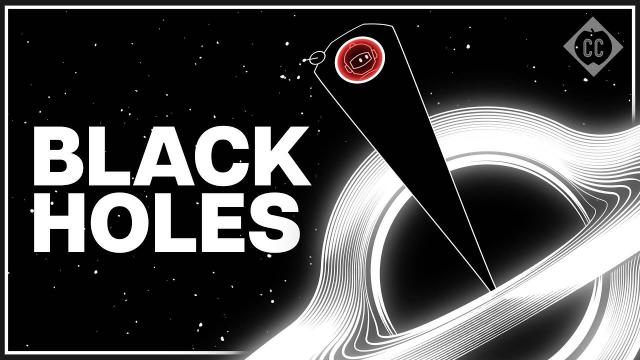
Katie Mack Explains Black Holes To John Green
Added 98 Views / 0 LikesThis is a snippet of a larger conversation taking place on Crash Course Pods: The Universe. Over 11 episodes, John Green and Katie Mack walk through the entire history of the universe…even the parts that aren’t written yet. The first five episodes are out
-
41:49
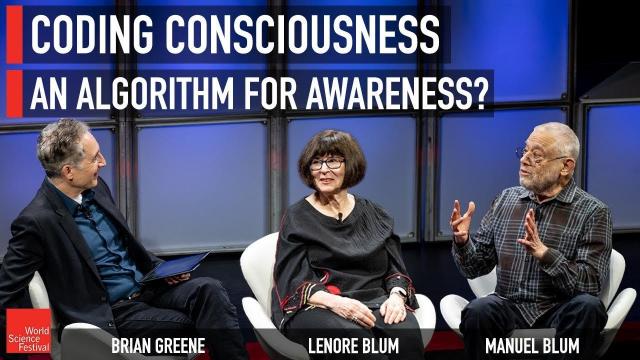
Coding Consciousness: An Algorithm for Awareness?
Added 98 Views / 0 LikesCan conscious self-awareness be coded in an algorithm? According to distinguished computer scientist Lenore Blum and Turing Award Laureate Manuel Blum the answer is "yes," and they join Brian Greene to explain their approach.Participants: Lenore BlumManue
-
01:01
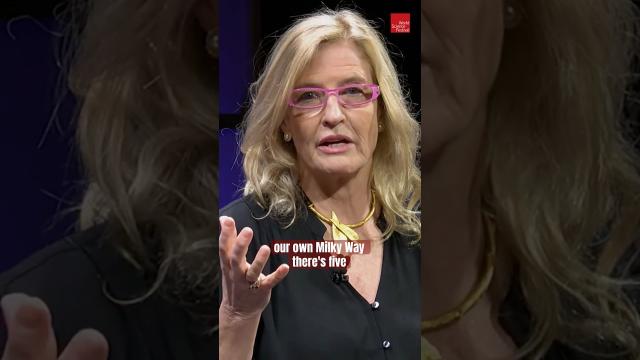
What is dark matter? If it does exist might there be dark stars & even a dark big bang? #darkmatter
Added 98 Views / 0 Likes -
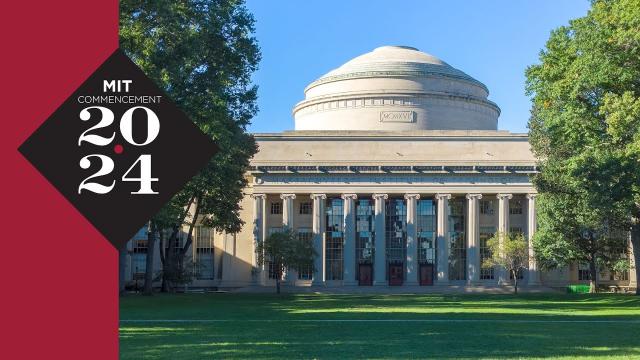
OneMIT Commencement Ceremony Live Webcast
Added 97 Views / 0 LikesAll members of the Class of 2024 are invited to the OneMIT Commencement Ceremony on Thursday, May 30, 2024. This event—comprising speeches, turning of the Brass Rat, and singing of the School Song—is for graduates of all degree programs in all Schools and
-
03:24
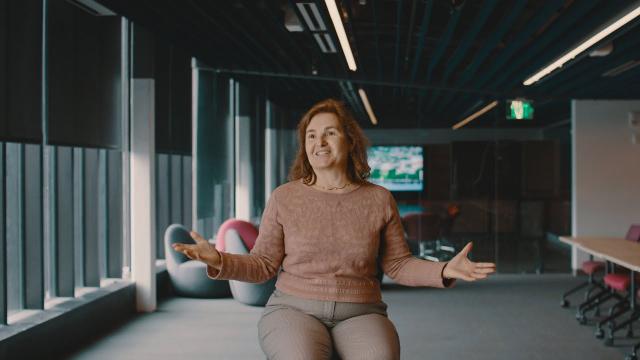
The World at MIT: Daniela Rus
Added 97 Views / 0 LikesFulfilling a school requirement by working in a Romanian locomotive factory one week each month, Daniela Rus learned to operate “machines that help us make things.” Appreciation for the practical side of math and science stuck with Daniela, who is now Dir
-
45:45
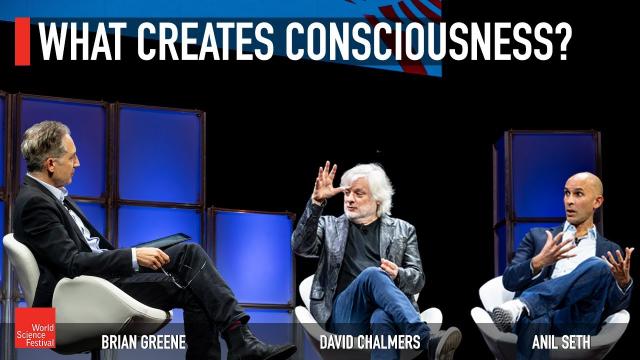
What Creates Consciousness?
Added 97 Views / 0 LikesRenowned researchers David Chalmers and Anil Seth join Brian Greene to explore how far science and philosophy have gone toward explaining the greatest of all mysteries, consciousness--and whether artificially intelligent systems may one day possess it.Thi
-
1:09:22
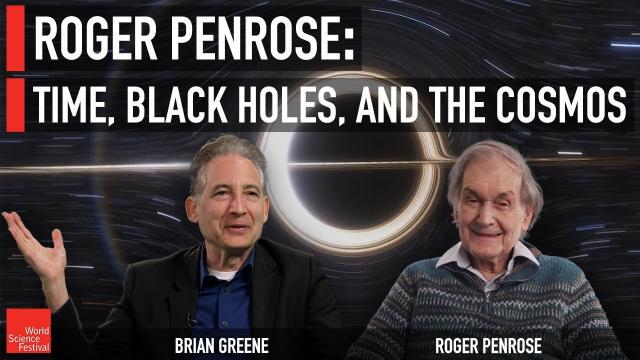
Roger Penrose: Time, Black Holes, and the Cosmos
Added 97 Views / 0 LikesNobel Laureate Roger Penrose joins Brian Greene to explore some of his most iconic insights into the nature of time, black holes, and cosmological evolution.Moderator: Brian GreeneParticipant: Sir Roger Penrose00:00 - Introduction00:49 - Participant Intro
-
00:58
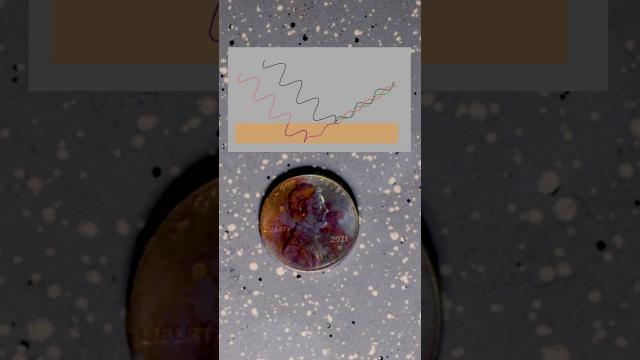
Thin Film Interference
Added 97 Views / 0 LikesPenny? More like pen-knee!#optics #physics #chemistry #tempering #copper #penny #coins #experiment #DIY #science #color #metal #oil #soap #bubble #prism #light prism image by Zátonyi Sándorlight diagram adapted from Jhbdeloil image from Dicklyon
-
1:38:13
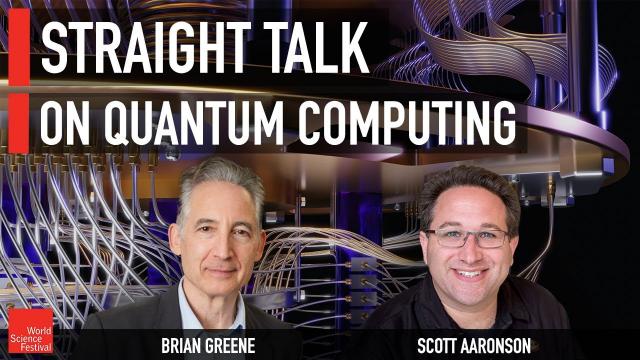
Straight Talk on Quantum Computing
Added 97 Views / 0 LikesScott Aaronson, renowned computer scientist known for his no nonsense take on, well, everything, joins Brian Greene to demystify the state of quantum computation, AI, and much more.Moderator: Brian GreeneParticipant: Scott Aaronson00:00 - Introduction00:2
-
20:15
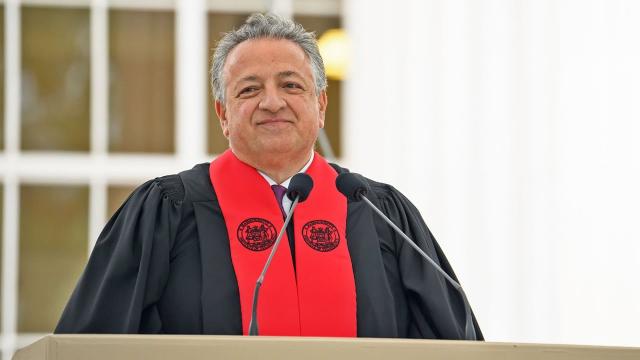
Noubar Afeyan Address to the Class of 2024
Added 96 Views / 0 LikesInventor, entrepreneur, and philanthropist Noubar Afeyan PhD ’87 delivers the address to the Class of 2024.Watch more videos from MIT: http://www.youtube.com/user/MITNewsOffice?sub_confirmation=1The Massachusetts Institute of Technology is an independent,
-
05:17
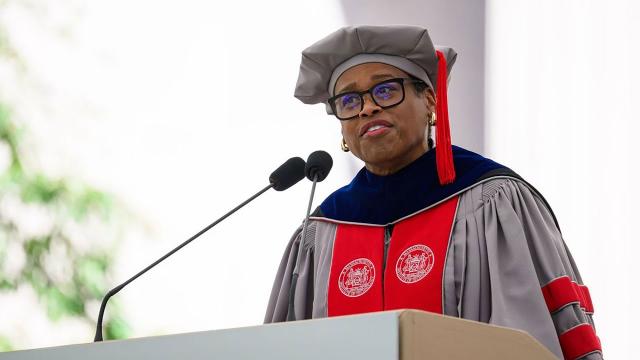
MIT Chancellor Melissa Nobles to the Class of 2024
Added 96 Views / 0 LikesMIT Chancellor Melissa Nobles delivers remarks the the Class of 2024.Watch more videos from MIT: http://www.youtube.com/user/MITNewsOffice?sub_confirmation=1The Massachusetts Institute of Technology is an independent, coeducational, privately endowed univ
-
1:23:41
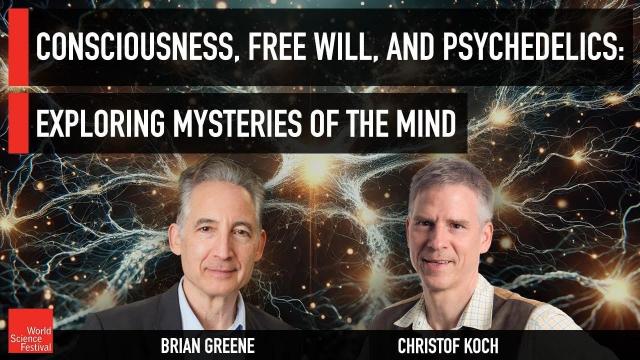
Consciousness, Free Will, and Psychedelics: Exploring Mysteries of the Mind
Added 95 Views / 0 LikesWorld renowned neurophysiologist and computational neuroscientist Christof Koch joins Brian Greene to discuss how decades of experimental and theoretical investigation have shaped his understanding of consciousness and the brain -- and how recent psychede
-
01:01
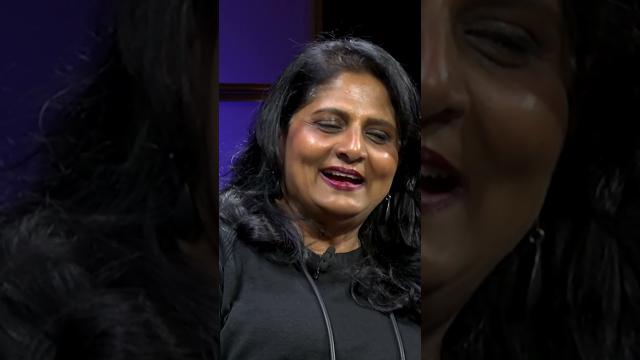
Where did black holes get their name? #blackhole #blackholes #supermassiveblackhole #astrophysics
Added 95 Views / 0 Likes -
03:54

The World at MIT: Paulo Lozano
Added 94 Views / 0 LikesPaulo Lozano became fascinated with studying the cosmos as a child watching the changing night sky outside his home in Mexico, learning about NASA, and visiting a Mexico City planetarium with his parents. He now directs MIT’s Space Propulsion Lab and is t

